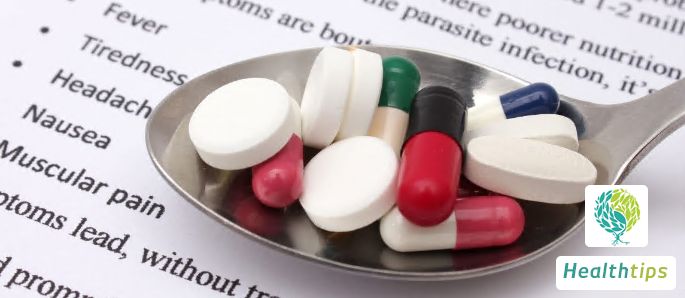What Dietary Considerations Should Be Taken for Lumbar Disc Herniation?

Lumbar disc herniation can lead to lumbar pain and affect normal activities. Early detection and treatment of lumbar disc herniation are essential. It is important to rest regularly, avoid excessive exertion, and keep the waist warm. A light diet should be followed, and certain foods that can improve lumbar disc herniation can be consumed to alleviate symptoms.
So, what should we pay attention to in the diet of lumbar disc herniation? Let's take a look.
Firstly, the diet should be mainly vegetables and fruits. Patients with lumbar disc herniation should eat plenty of vegetables and fruits, with less salt and oil, ensuring that they are cooked thoroughly. Drinking plenty of soup and fresh juice can help maintain water levels in the intestines, promote intestinal motility, and prevent constipation, which can exacerbate symptoms.
Secondly, appropriate protein intake is necessary. Foods rich in quality protein, such as milk and dairy products, eggs, soybean powder, animal liver and kidneys, lean meat, fish, and chicken, should be included in the daily diet.
Thirdly, attention should be paid to the supplementation of trace elements such as calcium, magnesium, and zinc. Calcium-rich foods include milk, beans, small shrimps, and seaweed. Eating a variety of foods, including fresh fruits and vegetables, and appropriately consuming animal liver, can help ensure a balanced diet.
Fourthly, foods rich in dietary fiber, such as whole grains, brown rice, rye, seaweed, laver, black fungus, and mushrooms, are recommended.
Fifthly, cold and chilled foods should be avoided as they can affect gastrointestinal health and lead to blood stagnation in the body, which may hinder recovery from lumbar disc herniation.
Sixthly, fried and greasy foods should be consumed sparingly as they can cause constipation, increase abdominal pressure, and potentially exacerbate or relapse symptoms.
Seventhly, a light and easy-to-digest diet is recommended for patients during recovery. Reducing daily activities and slowing down bowel movements can affect gastrointestinal function, so it is important to maintain a bland and digestible diet to avoid any additional complications.
Lastly, foods rich in vitamin C, such as milk, eggs, pork liver, chicken liver, carrots, broccoli, spinach, lettuce, and mangoes, should be included in the diet.



















